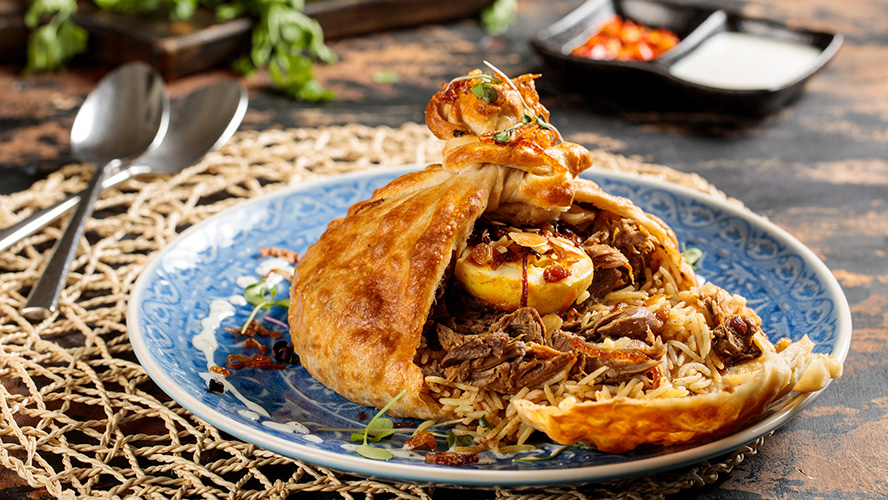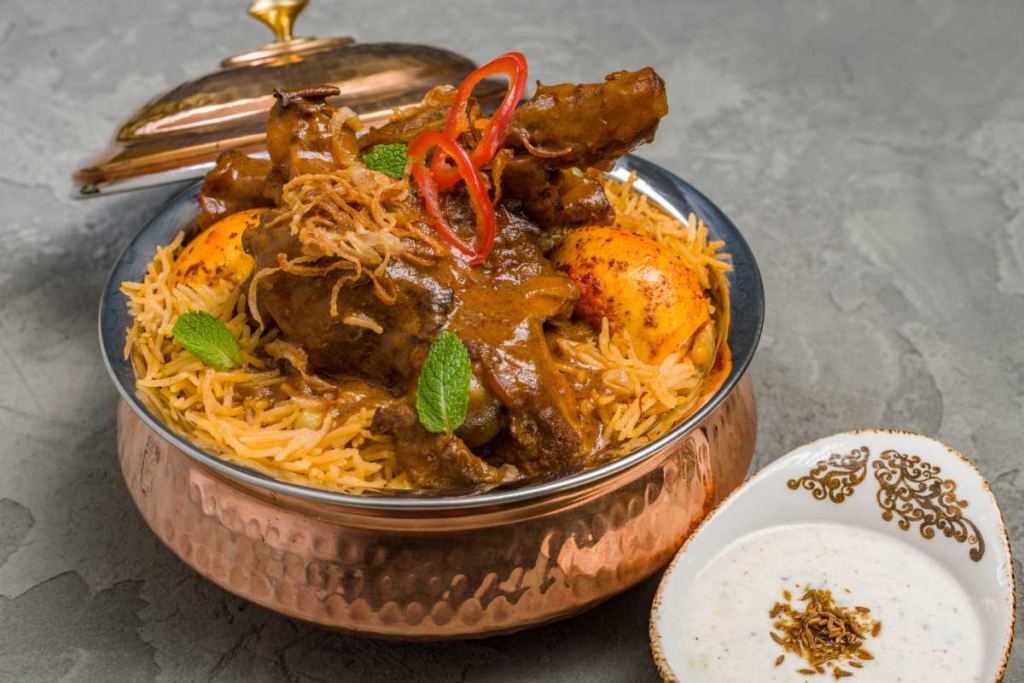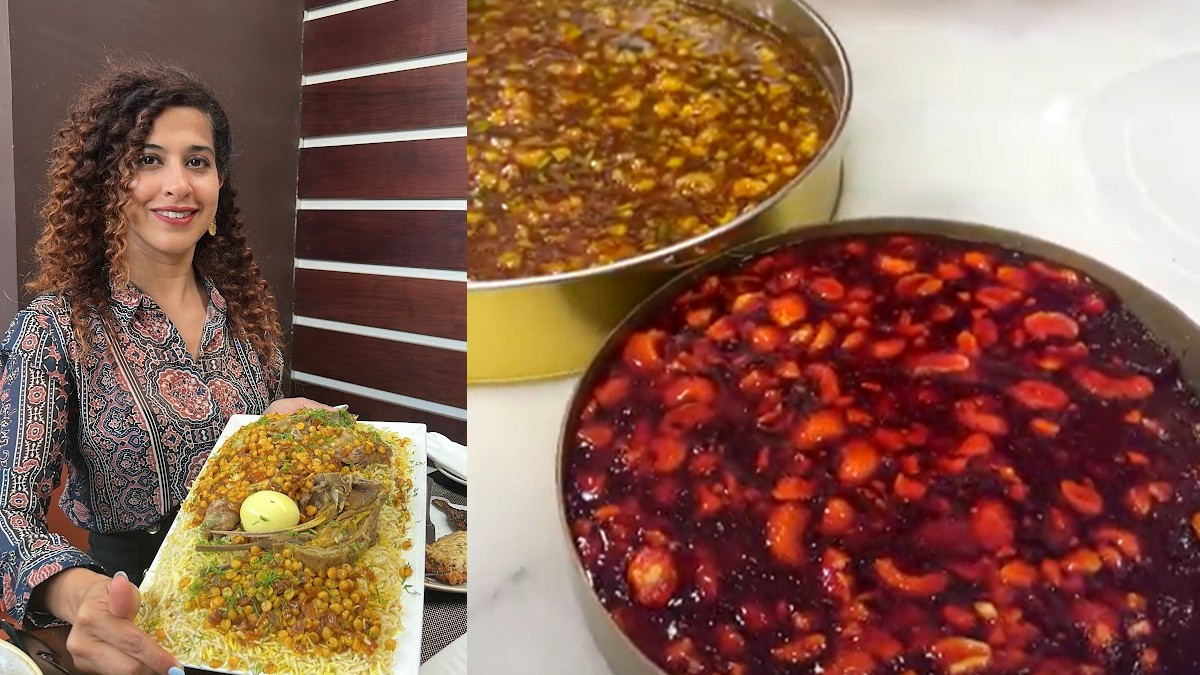The Role of Spices in Authentic Bahraini Cooking
Spices Shaping the Soul of Bahraini Authentic Cuisine,Bahrain, a small island nation in the Arabian Gulf, has always been a crossroads of cultures, trade, and traditions. Its cuisine is no exception, carrying with it the rich history of the land and the influence of merchants and travelers who have passed through over centuries. Central to this culinary identity are the spices aromatic, vibrant, and layered with stories. Spices in Bahraini cooking are not simply ingredients; they are memory-keepers, storytellers, and the very essence of authenticity. Understanding the role of spices in authentic Bahraini cooking requires a journey into the kitchens, streets, and hearts of its people, where every dish is more than food it is heritage on a plate.
The Heartbeat of Bahraini Cuisine
In Bahraini cooking, spices form the backbone of almost every dish. They bring not only flavor but also depth, warmth, and a sense of identity. From the bustling souks where spices are traded to the home kitchens where family recipes are guarded like treasures, spices serve as an invisible thread connecting past to present. They carry with them the legacy of ancient trade routes, where merchants brought cinnamon from India, cloves from Zanzibar, cardamom from the East, and turmeric from distant lands. Over time, Bahrainis learned to blend, adapt, and perfect these spices, creating flavors that resonate with authenticity.
Tradition Passed Through Flavor
Every family in Bahrain has its own spice blends, often handed down through generations. These blends, known for their complexity, are part of household secrets that define how a family’s machboos or harees will taste. For many, the aroma of freshly ground cardamom or the sharp hint of black lime instantly recalls childhood memories of family gatherings, weddings, and religious festivals. To cook without spices in Bahrain would be to strip food of its very soul, as each spice carries cultural and emotional weight.

Signature Spices of Bahraini Cooking
Several spices dominate the Bahraini kitchen, each with a distinct personality and purpose. Cardamom, with its sweet yet slightly pungent fragrance, finds its way into rice dishes, stews, and even desserts. Turmeric, with its earthy undertones and golden color, brightens up the visual appeal of food while adding layers of warmth. Black lime, or loomi, is perhaps the most iconic Bahraini spice, lending dishes a tangy bitterness that elevates them to another level. Cloves, cinnamon, and cumin are also staples, each carefully measured to strike the right balance in traditional recipes. These spices, though simple on their own, when combined, create a harmony that defines authentic Bahraini cuisine.
The Art of Blending Spices
Spice blending is an art in Bahrain, often perfected over years of practice. Mothers and grandmothers take pride in grinding and mixing spices by hand, ensuring the perfect ratios that turn ordinary ingredients into extraordinary meals. Unlike the quick fixes of modern cooking, authentic Bahraini cuisine values patience, precision, and the intimate knowledge of how one spice interacts with another. These blends are not static; they evolve slightly in each household, but always remain deeply rooted in tradition. The act of blending itself is an expression of love, as much as it is a culinary practice.
Machboos: A Dish of Spiced Identity
No discussion of Bahraini spices is complete without mentioning machboos, the national dish. This fragrant rice dish, often prepared with chicken, lamb, or fish, is a canvas for spices to shine. Cardamom, cinnamon, turmeric, cloves, and black lime come together to infuse the rice with layers of flavor that are both comforting and celebratory. For Bahrainis, machboos is more than a meal it is a reflection of their cultural pride, a dish that is as much about the spices as it is about the ingredients it holds.
Everyday Meals, Extraordinary Flavors
Spices are not reserved for grand occasions alone. In Bahraini homes, even everyday meals carry the same attention to spice and flavor. Lentil soups simmer with cumin and turmeric, while simple rice dishes are elevated with a touch of saffron or cinnamon. Fish, a staple of the island’s diet, is often marinated with spices before being grilled or fried, making it fragrant and deeply flavorful. Even breakfast can carry hints of spice, with breads or porridges touched with cardamom and cloves. This constant presence of spices makes everyday dining in Bahrain a sensory journey.
Spices as Symbols of Hospitality
Hospitality is a cherished value in Bahrain, and spices play an important role in expressing it. Guests are often welcomed with spiced coffee, known as qahwa, infused with cardamom and sometimes saffron. This coffee is more than a drink; it is a gesture of warmth, generosity, and respect. Similarly, spiced dishes served to visitors reflect not only culinary skill but also the host’s desire to honor their guests with the best flavors Bahrain has to offer. Spices, in this way, are woven into the cultural fabric of hospitality and friendship.
The Global Influence on Bahraini Flavors
Bahrain’s position as a trading hub has exposed it to a wide variety of flavors from around the world. Indian, Persian, African, and Levantine influences all left their marks on Bahraini cuisine, but it is the creative use of spices that allowed Bahrain to shape these influences into something uniquely its own. For instance, the use of saffron from Persia or cloves from East Africa became distinctively Bahraini when blended with local cooking styles. This adaptability highlights the dynamic role spices play in making Bahraini cuisine both authentic and cosmopolitan.

Spices in Festive and Religious Celebrations
Festive times in Bahrain, such as Ramadan or Eid, amplify the role of spices even further. Special dishes are prepared to celebrate these moments, and spices are used generously to create flavors that evoke joy and togetherness. Desserts like luqaimat, small fried dough balls, are often flavored with saffron or cardamom, while savory dishes become more elaborate with richer spice blends. During these occasions, spices take on symbolic meaning, representing abundance, joy, and gratitude.
Preserving Spice Traditions in Modern Times
As modern lifestyles change, some fear that traditional spice practices may fade. Pre-made spice mixes and shortcuts can never truly capture the depth of flavors created by hand-ground blends. Yet many families continue to preserve these traditions, passing down recipes and teaching younger generations the importance of spices in their heritage. Cooking classes, cultural festivals, and community gatherings in Bahrain often highlight spices, ensuring that their role in authentic cooking is celebrated and not forgotten.
The Emotional Connection to Spices
For Bahrainis, spices are not just culinary tools they are emotional anchors. The smell of loomi simmering in a pot or the taste of saffron-infused rice can transport someone back to their childhood kitchen or remind them of their grandmother’s cooking. These connections are powerful, making spices much more than flavor enhancers. They become a language of memory, love, and belonging, one that every Bahraini understands deeply.
Spices as a Reflection of Identity
Ultimately, spices in Bahraini cooking symbolize identity itself. They embody the country’s history as a trading hub, its openness to global influences, and its ability to preserve traditions while embracing change. Each spice carries a story, and together they create a narrative that is uniquely Bahraini. Whether in the home, at a festive gathering, or shared with friends, spices tell the story of who Bahrainis are—proud, rooted, and connected to their past.
Looking Ahead: The Future of Spices in Bahraini Cuisine
As Bahrain continues to evolve in a rapidly changing world, its cuisine remains a vital way of expressing identity. Spices will undoubtedly continue to play their central role, adapting to modern tastes while retaining their authentic essence. New generations may experiment with fusion cuisines, blending Bahraini spices with international dishes, but the foundation will always remain the same. Spices will continue to be the heartbeat of Bahraini cooking, keeping alive the heritage and flavors that define the nation.
Conclusion
The role of spices in authentic Bahraini cooking goes far beyond the kitchen. They are symbols of tradition, carriers of memory, and reflections of cultural pride. From the iconic black lime to the fragrant cardamom, from the patience of hand-ground blends to the joyous feasts of Ramadan, spices are the lifeblood of Bahraini cuisine. They shape not only the taste of food but also the experience of community, hospitality, and belonging. In every pinch of spice, Bahrain tells its story one of history, resilience, and flavor that continues to inspire and connect generations.
Do follow Gulf Magazine on Instagram.
Also Read – Street Foods in Bahrain Loved by Locals



